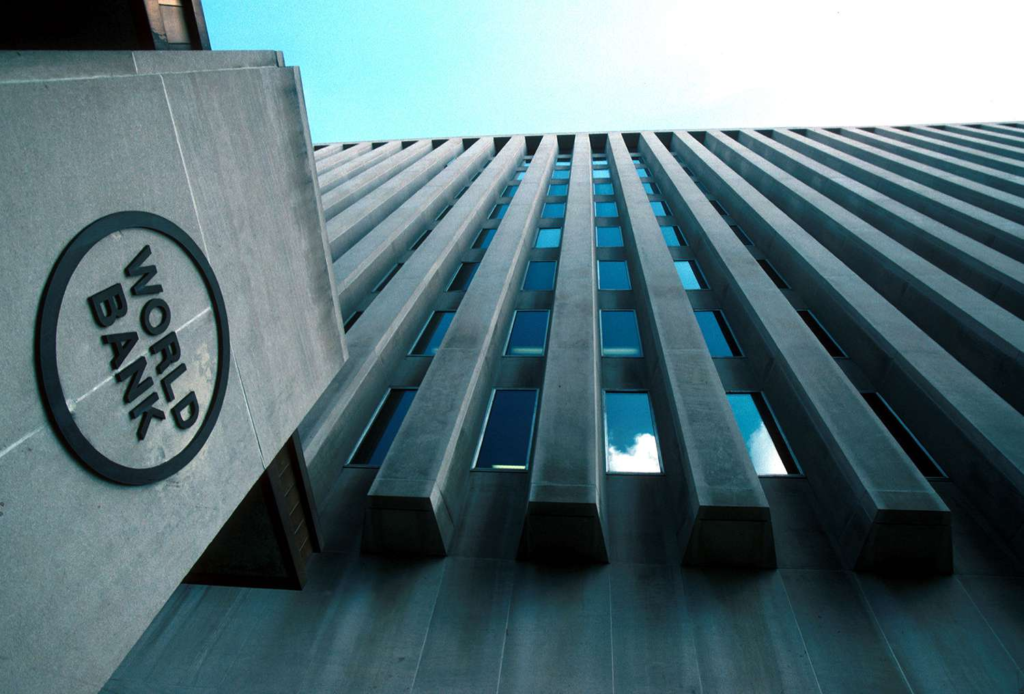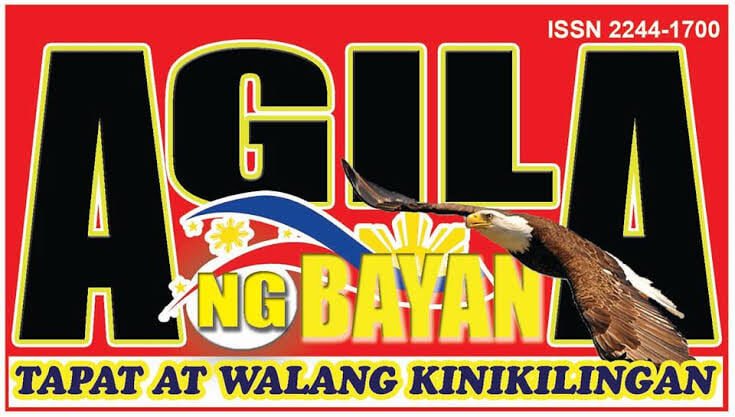
Inaprubahan ng World Bank nitong Sabado, Hunyo 29 ang loan funding support para sa dalawang proyekto ng pamahalaan.
Sa pahayag, sinabi ng World Bank na inaprubahan ng Board of Executive Directors nito ang $500-million loan para sa Infrastructure for Safer and Resilient Schools Project at $750-million financing para sa Philippines Second Sustainable Recovery Development Policy Loan.
Ang Infrastructure for Safer and Resilient Schools Project, ay idinisenyo para suportahan ang resilient recovery ng disaster-affected schools sa mga piling rehiyon sa bansa.
Ang resilient recovery, ayon sa World Bank, ay nangangahulugan ng pagpapabuti sa abilidad ng mga paaralan na magpatuloy sa kanilang tungkulin matapos salantain ng kalamidad.
“Education is a key component of human capital. By improving the learning environment and making schools safer, children are more likely to attend classes, perform better academically, and complete their education,” ani Ndiamé Diop, World Bank country director para sa Brunei, Malaysia, Pilipinas at Thailand.
Sinabi pa ng World Bank na popondohan ang proyekto para sa repair, rehabilitation, retrofitting, reconstruction, at site improvements ng mga paaralan na lubhang naapektuhan ng mga lindol at bagyo sa mga nakalipas na taon.
Pagbubutihin nito ang physical learning environments sa mahigit 700,000 estudyante.
“By strengthening the resilience of educational facilities, disruptions to learning caused by natural disasters can be minimized, ensuring that children can continue their education with fewer interruptions,” pahayag ni Fernando Ramirez Cortes, World Bank senior disaster risk management specialist.
Isasaprayoridad sa proyekto ang mga lugar kung saan malaki ang banta ng pinsala sa imprastruktura katulad ng Cordillera Administrative Region, Caraga, Central Luzon, Bicol Region, Western Visayas, Central Visayas, Eastern Visayas, Davao Region, at Soccsksargen.
Susuportahan din nito ang pagpapabuti sa operasyon at maintenance manual and tools ng Department of Education (DepEd), upang masiguro na may up-to-date protocols ang central at local level education authorities at mga impormasyon para sa operasyon at pangangasiwa sa mga isinaayos na imprastruktura.
Magbibigay-daan ito sa epektibong pangangasiwa at maintenance ng imprastruktura kasunod ng mga kalamidad.
Samantala, nakikitang susuportahan naman ng Philippines Second Sustainable Recovery Development Policy Loan ang mga reporma sa pagpapataas ng investment sa public service sectors, mahikayat ang private investment sa public infrastructure, particular sa domestic shipping, ipakilala ang renewable energy, protektahan ang kapaligiran, at pagbutihin ang
climate resilience, ayon sa World Bank.
“The Philippine economy remains resilient in the face of ongoing global and domestic challenges. The reforms supported by this lending program, if implemented, will encourage private investment, innovation, and sustained growth,” sinabi ni Ralph Van Doorn, World Bank senior economist.
“Through these reforms, the Philippines can transition faster to a greener economy and achieve its environmental and climate objectives,” dagdag ni Van Doorn.











More Stories
Mayor Kit Nieto, Naghain ng Solusyon sa Paulit-ulit na Baha sa Celso Tuason Avenue
4 TIMBOG SA ₱3.4M DROGA SA RODRIGUEZ, RIZAL
‘WALANG ATRASAN!’ — KAMARA DI BIBITAW SA IMPEACHMENT KAY VP SARA!